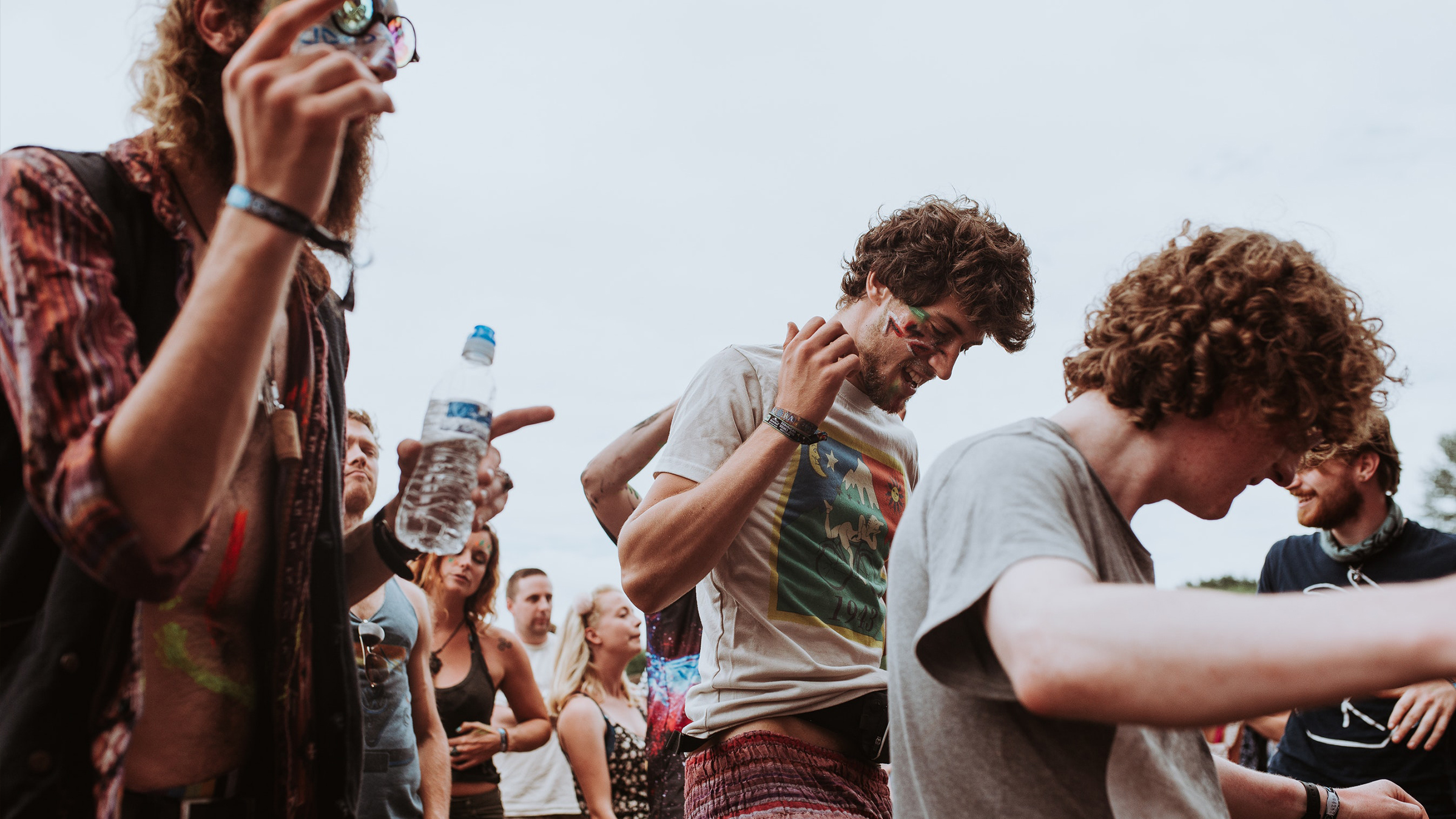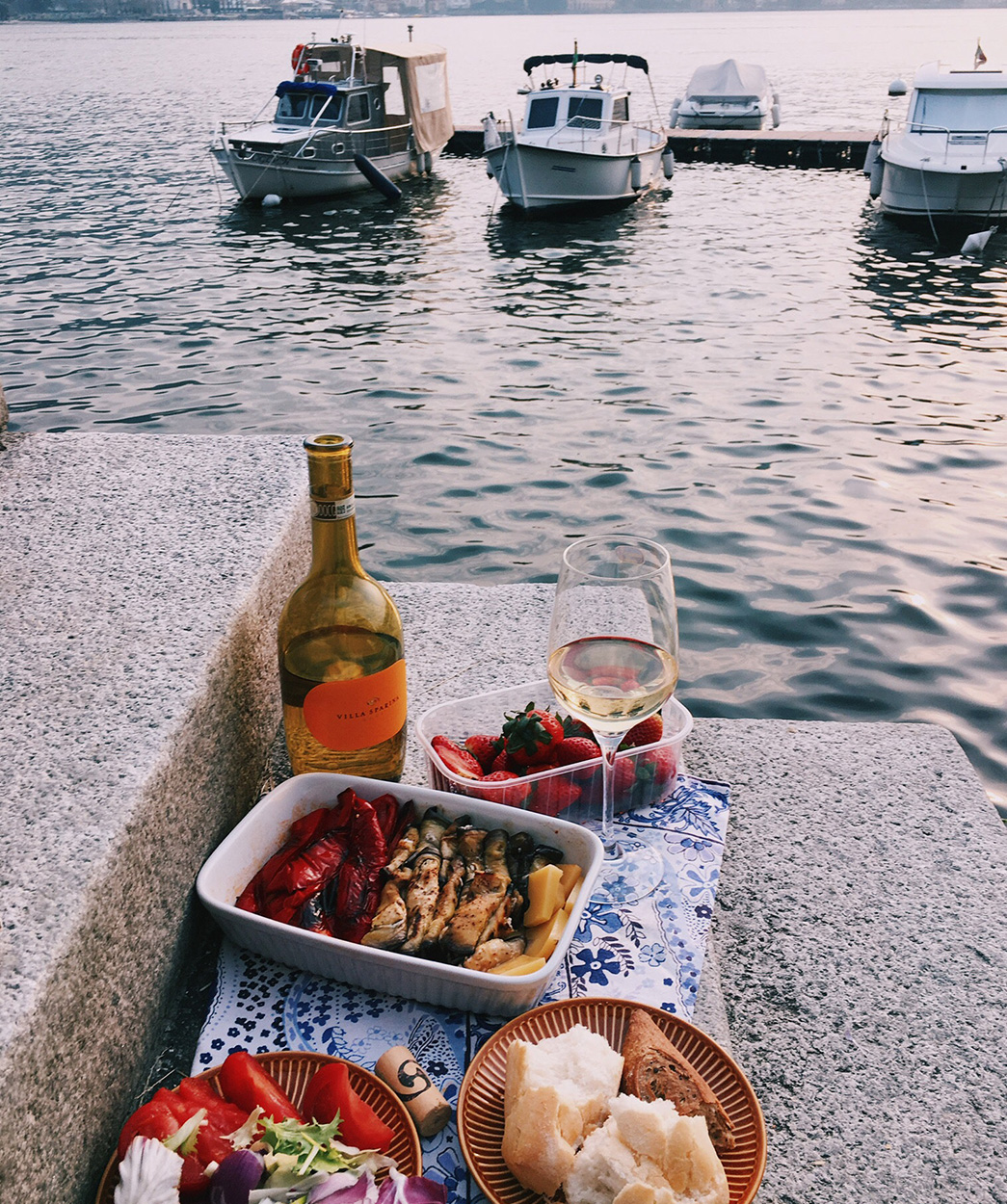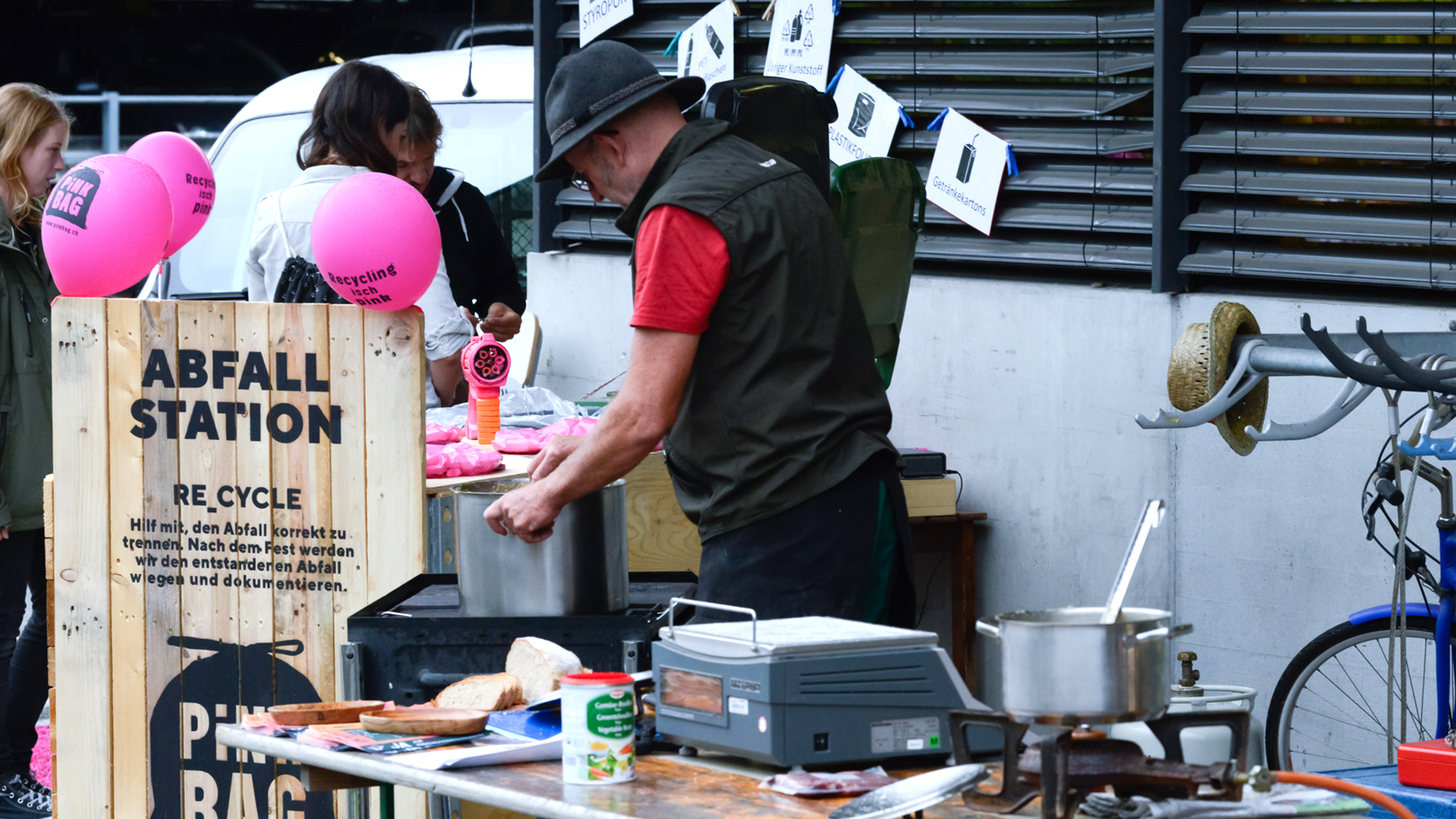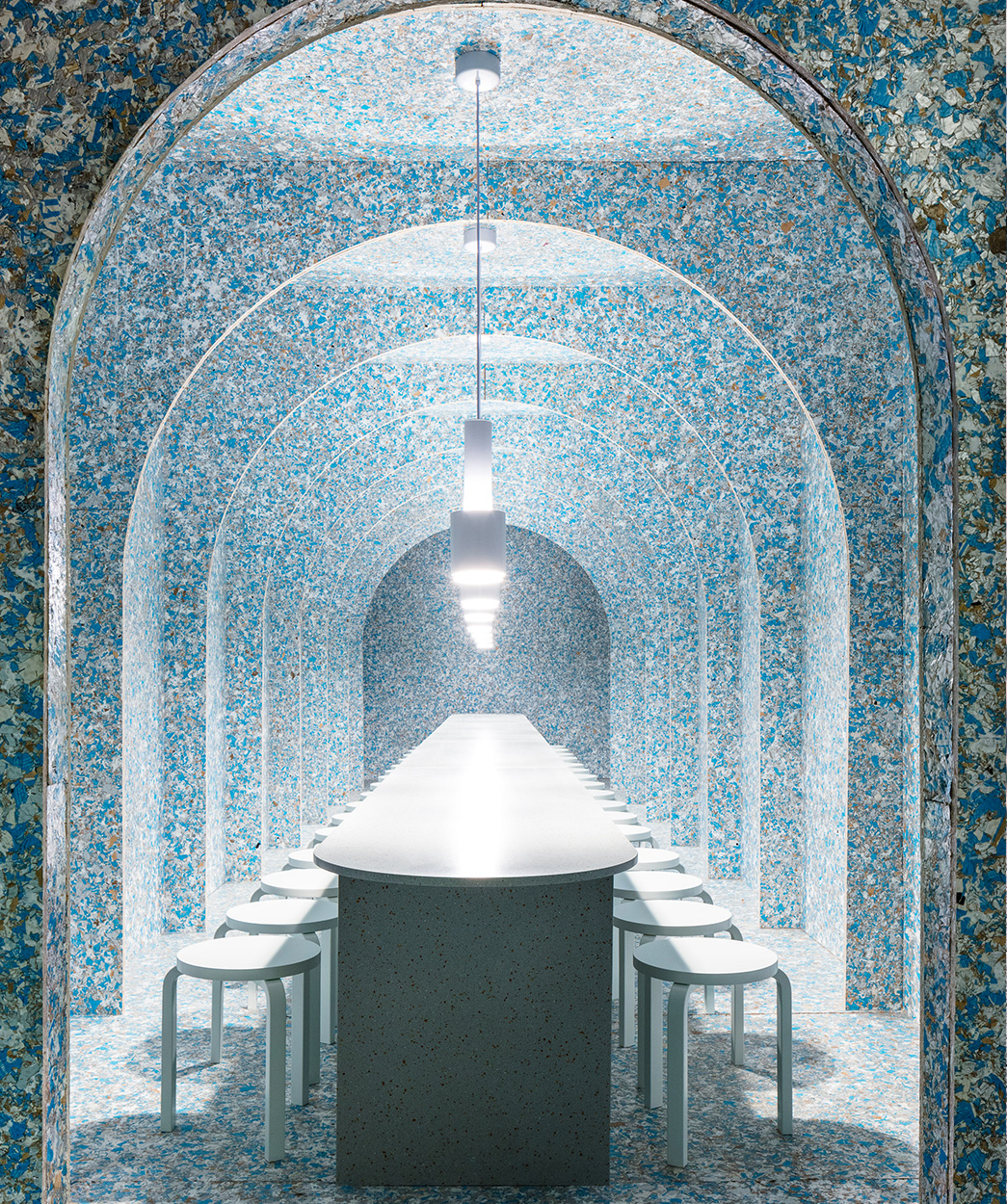
Plastic bottles at open-air events – soon to be a remnant of the past? (Image: Unsplash)
Summer is the festival season. With over 200,000 events each year, Switzerland has established itself as a stronghold for events of all kinds. The resulting burden on resources is less attractive. The average open-air event produces roughly 3 tonnes of rubbish, a sum that needs to be drastically reduced to allow future generations to enjoy the cultural abundance that Switzerland has to offer.
Even large open-air events are becoming increasingly aware of the role they play and are broadcasting their strategies and methods in sustainability reports. The site nachhaltige-events.ch is a platform where event organisers can learn from each other by exchanging and comparing information.

We’re all for street food... but more food and less rubbish please! (Image: Unsplash)
New concepts and ideas are in demand. Last summer Aroma paved the way for a sustainable approach to handling resources and waste. The first Zero Waste Festival in Switzerland was launched at NŒRD in cooperation with Föifi and Freitag. The aim of the event was to produce as little rubbish as possible. In addition to a ban on plastic and a station for washing up, another focus was ensuring that all structures were constructed out of leftover materials, which included signs and the interactive elephant ‘Amora’.

The first Zero Waste Festival in Switzerland took place at Nœrd. (Image: Aroma)
But where can you find recycled materials if you haven’t got any on hand? And what should you do with anything that’s leftover? Companies such as OFFCUT keep archives of various materials such as extra wood, home décor items and packaging and offer plenty of hidden gems.
The temporary Zero Waste Bistro presented in New York in 2018 was the perfect example of how recycled materials be used to can create breathtaking design. The architecture, crafted entirely out of used food packaging, was extremely pleasant on the eye and sparked interest in more sustainable structures.

Recycling at its best. The Zero Waste Bistro in New York. (Image: dezeen.com)
Transportation requirements, waste management, food & drinks, materials – in each of these areas there is room to be more economical, recycle more and rethink how things are done. It’s important to start somewhere, so that standards can slowly grow more ambitious. It’s up to companies and agencies to get closer to reaching the goal of zero waste.
This text was created for the Zero Waste Festival at NŒRD, which was awarded the Silber-XAVER Award 2019.
Isabel Jakob likes to chase trends and knows which way the wind blows. She currently goes about her business in off-white trainers.
We use cookies on this site to enhance your user experience. By clicking any link on this page you are giving your consent for us to set cookies.